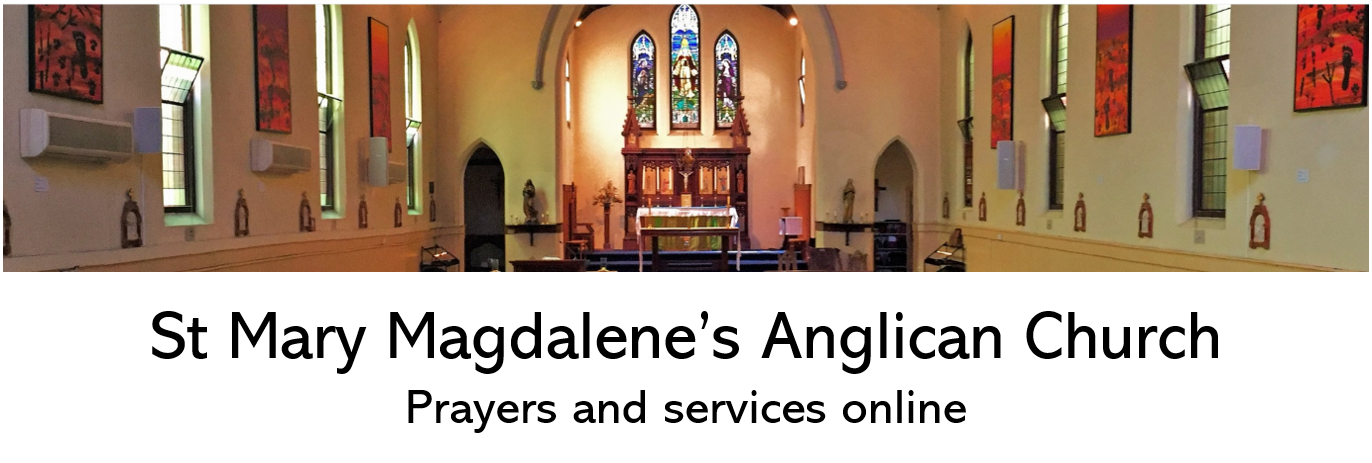Significance of trivial things
James Joyce
There are moments when the outer world is seen with an almost pristine wonder….Sudden brilliance of the chestnut tree across the road. Bright yellow leaves in the sun. How enlivening, inspiriting they are in those unexpected shafts which strike into the heart from them outside world.
Philip Toynbee

Ian Ramsey liked to quote the example of Charles Raven walking back from Liverpool Cathedral one winter evening at the time of the early thirties’ depression in Lancashire, and passing a crowded fish-and-chip shop. The over-familiar sight of the shop, the ritual of scooping out the chips and emptying them on the greaseproof and the newspaper needs no detailing: but of that customary scene, Raven wrote: ‘All of a sudden, the glory’’ The ordinary became the extraordinary: the proprietor symbolized in that context the heavenly Father giving his children their daily bread.
Frank Wright
Monica Furlong says holiness is ‘ordinariness, so much polished and cherished that it becomes extraordinary’.
‘Polishing and cherishing’ suggests a disposition, an attitude to our everyday.
What difference would it make if you approached the ordinary things and events in your life with such attention and ‘cherishing’?

Just to be alive was itself a miracle.
Margaret Montague
Most of us live ordinary lives. How content are you about that?
Could you (quite deliberately) attend to the ordinary in your life,
in your everyday,
and begin to see it as significant, meaningful, a thing of great beauty?



George Herbert, the Anglican poet-priest, suggested that one of prayer’s gifts was finding ‘Heaven in ordinarie’.
This appreciation of ‘otherness’, of mystery in the midst of ordinary life, has sometimes been called ‘the mysticism of everyday life’. Such appreciation is the beginning of faith – a fundamental openness of heart, a basic readiness to see and hear what is there, the basic disposition to accept the truth.
Such moments come as gift. The best we can do is dispose ourselves through attentiveness, openness- through what is called contemplation – which has been described as ‘a long, loving look at the real’ (Walter Burghardt). Benedict in the 6th Century begins his influential Rule with the word ‘Listen!’. The poet Gerard Manley Hopkins said in a letter: ‘The harder you look at something, the harder it looks at you’.
The images in this post are all photographs of chestnut trees – ‘the sudden brilliance of the chestnut tree across the road’.
For a printable PDF of the text of this meditation please click on the link below.




